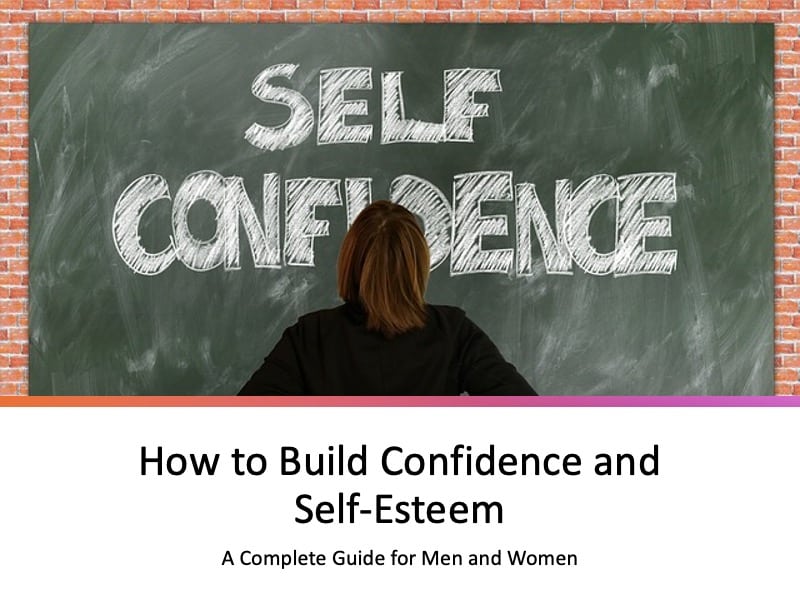How to Build Confidence and Self-Esteem: A Complete Guide for Men and Women
Building genuine confidence and lasting self-esteem is one of the most valuable—and misunderstood—journeys in personal development.
For both men and women, self-esteem isn’t something we’re born with.
It’s something we build, challenge, and refine over time.
Since the foundation of self-worth is different for everyone, the pathways we take also differ depending on personal experience, gender, cultural expectations, and psychological makeup.
As someone who grew up with severe asthma and Tourette syndrome, I know firsthand how difficult it can be to feel good about yourself when your body and mind seem to be working against you.
I was overweight, slow, and insecure throughout my childhood.
I often felt like I didn’t belong.
But everything began to shift when I left home for prep school and worked with a mentor who saw my potential.
That experience changed me physically, emotionally, and mentally.
I stopped letting the world define me and began building a version of myself that I could respect.
I leaned into fitness, immersed myself in psychology, and committed to both mental and physical growth.
My self-esteem didn’t improve because I faked confidence—it grew because I earned it.
Let’s unpack how to build confidence and self-esteem in a way that’s rooted in truth, purpose, and lifelong growth.
Understanding the Foundation of Self-Esteem and Self-Confidence
Self-esteem is your internal sense of worth and value.
It isn’t about perfection or always feeling great about yourself. It’s the deep-rooted belief that you are inherently worthy of love, success, and happiness—as you are.
Self-confidence, by contrast, is the belief in your ability to handle specific tasks or challenges.
It fluctuates based on context and experience.
Both are important.
And when combined, they produce an unshakeable core that can carry you through adversity, criticism, and self-doubt.
Understanding the Role of Self-Efficacy
Self-efficacy is your belief in your ability to succeed in specific tasks. It’s built through action and reinforced through experience.
These are some of my favorite methods for increasing self-efficacy:
- Set meaningful micro-goals
- Track progress visually (habit trackers, journals)
- Visualize mastery in small chunks
- Seek role models and mentors
- Celebrate wins, no matter how small
Why It’s So Hard for Men to Build Self-Esteem
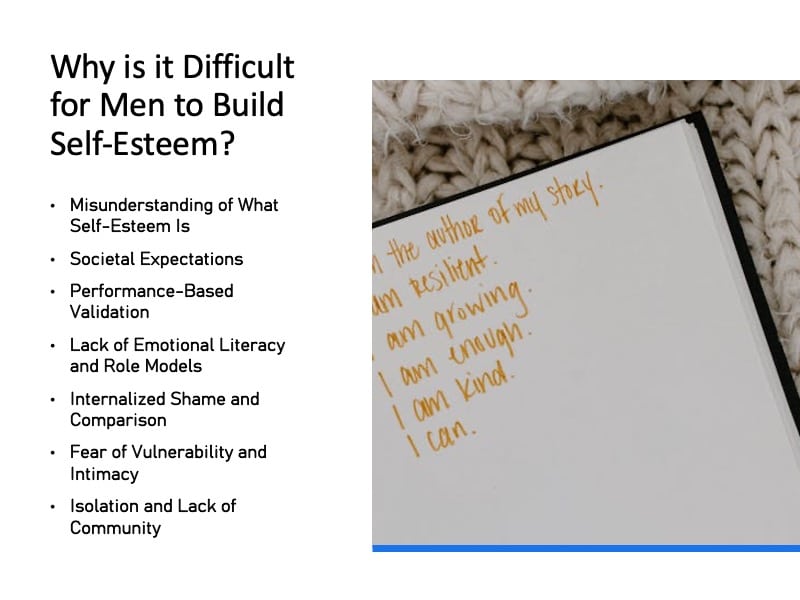
Building self-esteem is hard for anyone—but for men, there are unique barriers rooted in culture, psychology, and upbringing that make the process even more complex.
From a young age, men are often taught to suppress emotion, mask vulnerability, and measure their worth through performance.
These messages don’t just stunt emotional growth—they create confusion about what confidence and self-worth actually mean.
Understanding these roadblocks is the first step toward breaking them down and building real, lasting self-esteem for men.
Misconceptions of Masculinity
Many men are raised with the belief that self-worth is tied to performance, dominance, and emotional suppression.
This cultural conditioning makes it hard to embrace vulnerability, ask for help, or acknowledge personal struggles—all essential components of real growth.
The Trap of Performance-Based Validation
Too often, men equate their value with what they can do rather than who they are. Physical strength, income, job titles, and accomplishments can temporarily boost self-esteem, but they don’t provide sustainable confidence. When these are removed, the self-worth crumbles.
Lack of Emotional Literacy
Boys are rarely taught how to articulate emotions or engage in self-reflection. Phrases like “man up” or “stop being soft” reinforce shame and discourage emotional growth, making authentic self-esteem development more difficult.
Isolation and Comparison
Social media amplifies the pressure to compare. Men may feel isolated, especially without close emotional friendships or mentors. Without connection and honest conversation, self-doubt festers.
The Essence of True Confidence for Men
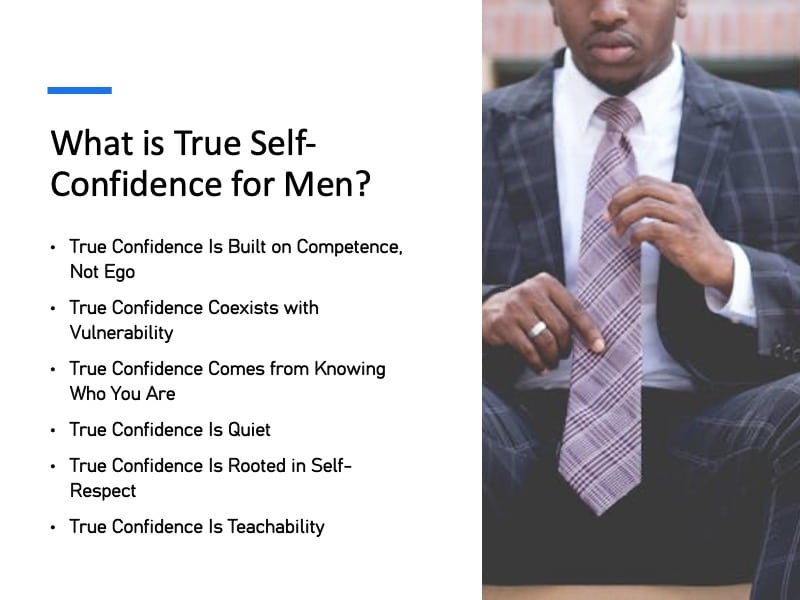
A lot of men mistake bravado for confidence.
They confuse loudness with leadership, dominance with strength, and perfection with worth.
But real confidence doesn’t come from pretending you have it all figured out—it comes from doing the hard work of becoming someone you can trust.
It’s not about being better than others. It’s about being at peace with who you are.
True confidence is quiet, steady, and built—not bought.
Confidence is Quiet, Not Loud
Real confidence doesn’t need to dominate the room. It doesn’t puff out its chest.
It’s calm, composed, and rooted in evidence—a history of showing up for yourself.
Competence Over Ego
Confidence comes from doing the work. It’s forged in the gym, in difficult conversations, in books, and in pushing through discomfort.
Ego seeks constant validation; confidence rests in self-respect and results.
Vulnerability is Strength
Admitting you don’t know something, asking for help, or acknowledging a mistake shows strength, not weakness.
It proves you’re grounded in truth rather than image.
Self-Respect Creates Self-Esteem
Confident men respect their energy and time. They sleep well, eat intentionally, train consistently, and create boundaries.
That lifestyle fosters internal peace and self-trust.
Coachability Equals Strength
Confident men remain teachable. They seek feedback, welcome challenge, and evolve.
The ability to grow comes from knowing that your value isn’t diminished by mistakes—it’s enhanced by learning.
Practical Confidence-Building Strategies for Men
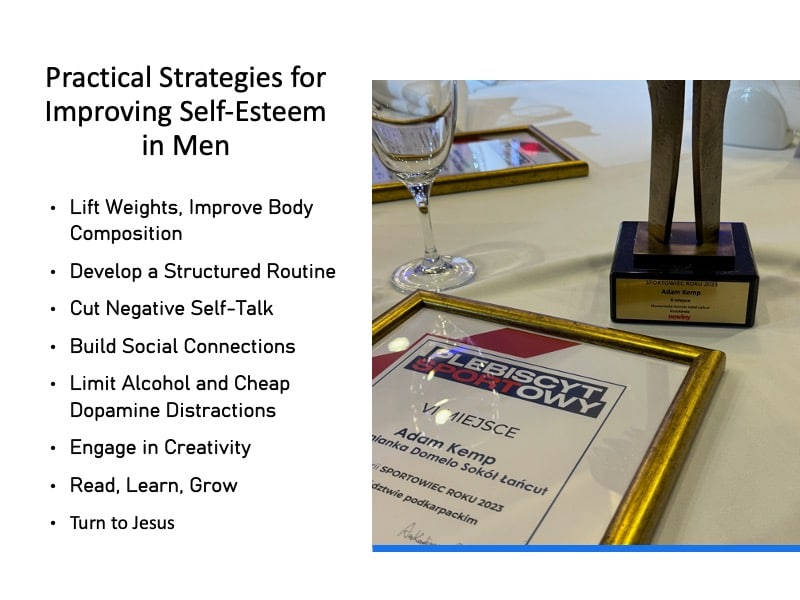
Confidence isn’t built through wishful thinking—it’s built through deliberate action, discipline, and daily choices.
For men, developing real self-esteem means stepping into the arena of life and doing things that reinforce your self-respect.
These strategies aren’t about quick fixes or hype—they’re about laying a foundation of habits that shape your identity and strengthen your inner resolve over time.
Lift Weights, Improve Body Composition
Resistance training transforms your body and how you perceive yourself.
Whether you’re trying to build muscle, lose weight, or improve posture, strength training develops both discipline and body confidence.
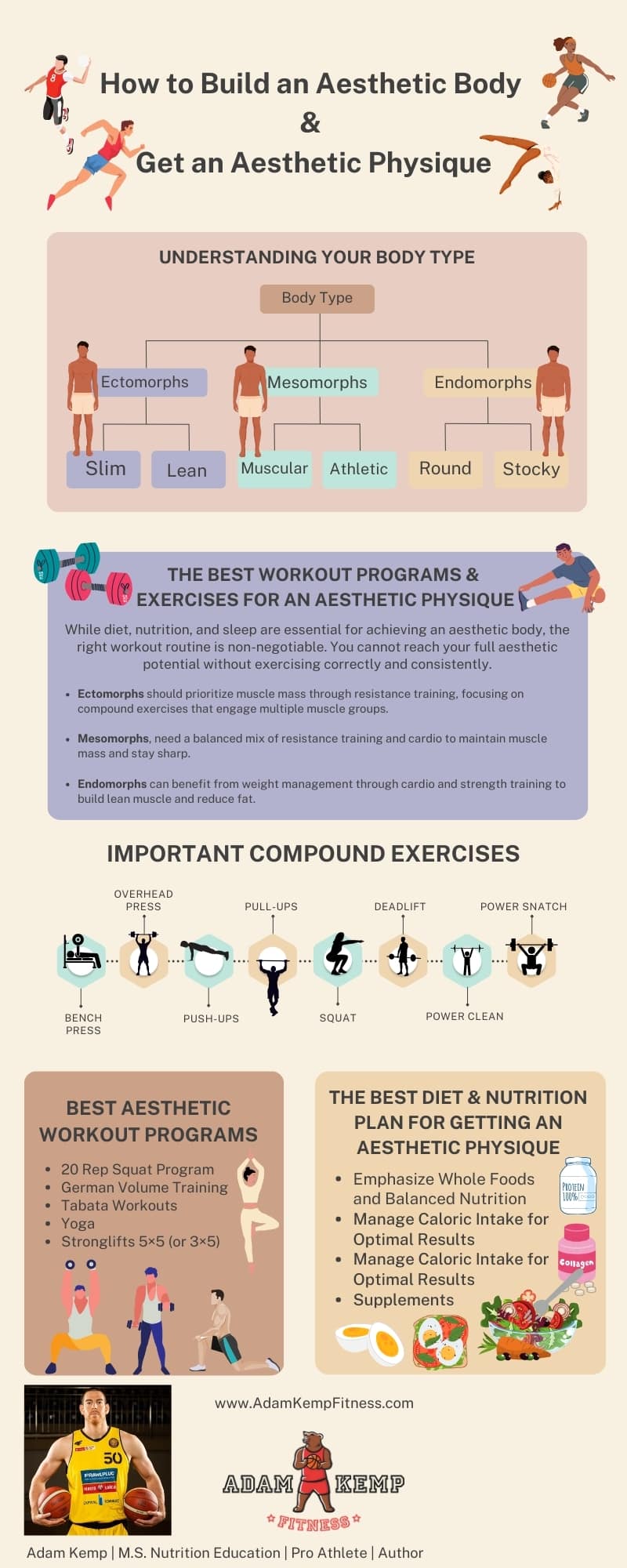
Develop a Structured Routine
Consistency builds identity.
A simple routine that includes sleep, movement, proper nutrition, and mindfulness sends a powerful message to your subconscious: you are someone worth caring for.
Cut Negative Self-Talk
Your inner critic is not your truth-teller. Call it out. Challenge it.
Reframe your self-talk with compassion, logic, and intention.
“I can’t” becomes “I’m learning how.”
Build Brotherhood and Community
Isolation kills confidence. Build a tribe. Join a gym, team, or accountability group.
Meaningful relationships reinforce your value and create shared purpose.
Reduce Cheap Dopamine
Alcohol, junk food, porn, and social media reduce clarity and fragment your attention.
Eliminating or reducing these distractions reconnects you with your true self.
Engage in Creation
Creative expression unlocks confidence.
Try journaling, learning guitar, drawing, or building something with your hands.
You don’t need to be great—just engaged.
Turn to Faith
Christianity reshaped how I understand self-worth. It taught me that value isn’t earned through success, status, or recognition—it’s rooted in being created in the image of God.
For most of my life, I tied my identity to performance: how I played, how I looked, what others thought of me.
But faith helped me see that even if I lost everything the world applauds, my worth wouldn’t change—because God’s love doesn’t fluctuate.
Jesus was perfect, yet He was misunderstood, rejected, and crucified. He didn’t prove Himself by worldly standards, and He never compromised His identity.
That realization changed everything for me.
It showed me that confidence doesn’t have to be loud or impressive—it can be humble, faithful, and quiet.
Through prayer, scripture, and a relationship with Christ, I found peace in who I am—not because I’m flawless, but because I’m redeemed.
Faith gave me something deeper than confidence—it gave me identity. And when your identity is built on Christ, no failure or opinion can shake it.
What are Unique Challenges of Building Self-Esteem and Self-Confidence for Women?
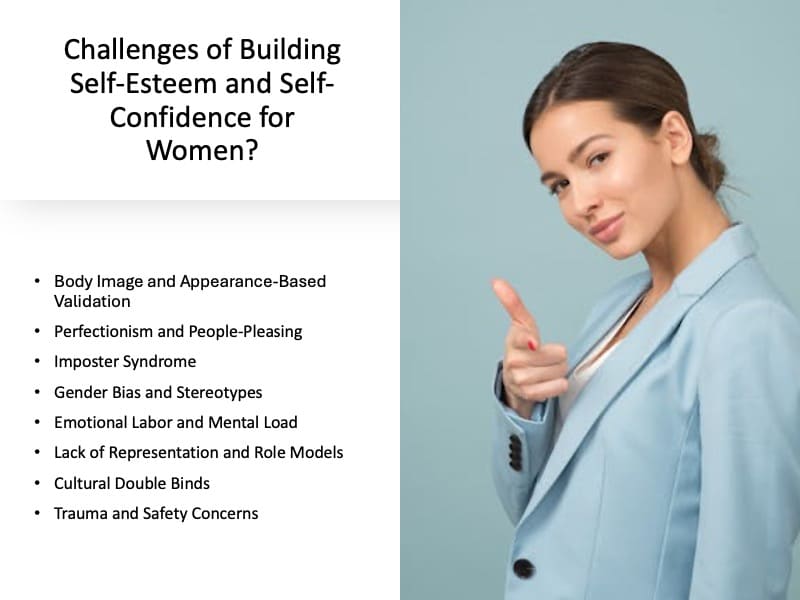
Women face distinct and deeply rooted challenges in building self-esteem and confidence—many of which are shaped by social norms, media portrayals, and cultural expectations.
These challenges don’t just affect how women see themselves—they shape their behavior, their goals, and even their sense of possibility.
Understanding these unique obstacles can help create more supportive environments for women to thrive emotionally, psychologically, and socially.
Body Image and Appearance-Based Validation
From early childhood, women are bombarded with unrealistic standards of beauty and body ideals.
Social media, advertising, and entertainment often reinforce the notion that a woman’s value is closely tied to her appearance.
This leads to chronic body dissatisfaction, comparison, and a distorted sense of self-worth that can erode self-esteem over time (Grabe, Ward, & Hyde, 2008).
Even women who are objectively healthy or conventionally attractive often struggle with internalized insecurities because of relentless societal pressure.
For example, the idea of a “bikini body” and the culture of influencers and models have warped women’s self-confidence and self-esteem.
Perfectionism and People-Pleasing
Many women are socially conditioned to seek approval, avoid conflict, and meet the expectations of others.
This people-pleasing mindset can turn into perfectionism—an unattainable standard that leaves women feeling like they are never enough.
Perfectionism breeds self-doubt, fear of failure, and shame, making it difficult to develop genuine confidence, especially in high-pressure environments like the workplace or parenting.
Imposter Syndrome
Imposter syndrome—the belief that your success is undeserved or that you’re secretly incompetent—is more commonly reported among high-achieving women.
It stems from gendered expectations, self-doubt, and underrepresentation in leadership roles.
Even when women are highly capable, they may question their achievements or attribute success to luck rather than skill.
This undermines both self-efficacy and self-worth.
Gender Bias and Stereotypes
Women often face subtle and overt forms of discrimination that chip away at confidence over time.
Whether it’s being talked over in meetings, passed up for promotions, or having emotional intelligence dismissed as weakness, these experiences create an internalized message that women must work harder to prove their worth.
This pressure can lead to burnout, anxiety, and a hesitancy to assert themselves.
Emotional Labor and Mental Load
Women frequently carry the emotional and organizational burdens in families, relationships, and workplaces.
This invisible labor is rarely acknowledged or rewarded, yet it can deplete mental energy and lead to feeling undervalued or taken for granted.
When self-worth is tied to caregiving or service, it’s easy to forget that value exists outside of what you do for others.
Lack of Representation and Role Models
Representation matters.
When women don’t see others who look like them succeeding in leadership, science, sports, or politics, it’s harder to envision those roles for themselves.
This lack of visible role models can reinforce the false belief that certain goals are unrealistic or out of reach.
Confidence grows when women see diverse examples of what’s possible.
Cultural Double Binds
Women are often placed in impossible positions: be assertive, but not too aggressive; be confident, but stay humble; be attractive, but not too sexual.
These double standards create cognitive dissonance and increase the fear of judgment or rejection.
Navigating these contradictions can lead women to hide parts of themselves, perform roles that feel inauthentic, and struggle with self-acceptance.
Trauma and Safety Concerns
Women are more likely to experience certain forms of trauma, such as sexual harassment or domestic abuse.
These experiences can deeply affect self-esteem, especially when paired with societal victim-blaming or minimization.
Healing from trauma is essential for rebuilding confidence and reclaiming personal power.
Strategies for Women: Building Self-Esteem Through Connection and Authenticity
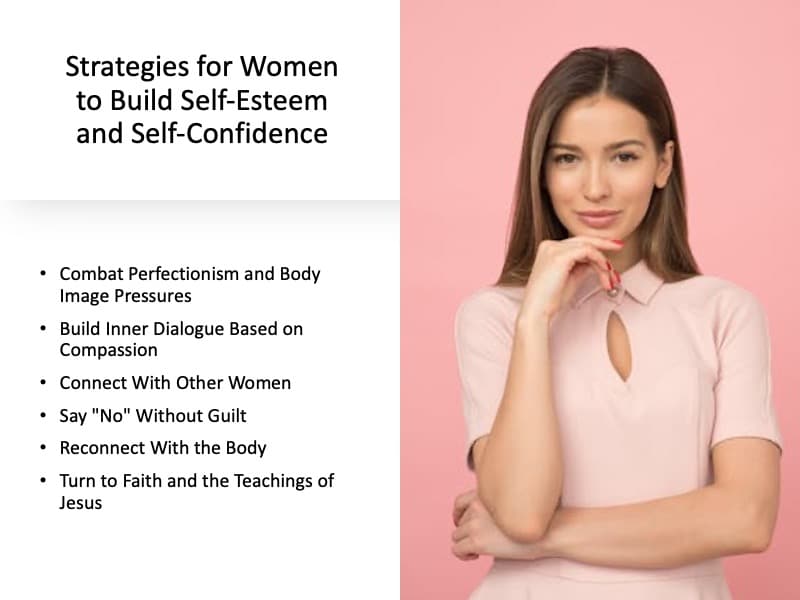
While many foundational strategies apply to both genders, women often face unique barriers to confidence that deserve distinct attention.
Combat Perfectionism and Body Image Pressures
From a young age, women are bombarded with unrealistic beauty standards and expectations to be everything to everyone.
This creates anxiety, perfectionism, and chronic self-doubt.
For example, even when you work on your body, you women often need to develop body confidence after weight loss or weight gain.
Letting go of the need to be perfect and focusing on being real is a powerful act of self-love.
Build Inner Dialogue Based on Compassion
Women often internalize harsh criticism. Learning to speak to yourself with compassion and understanding can shift the entire self-worth landscape.
Ask yourself: Would I speak this way to someone I love?
Connect With Other Women
Healthy female friendships are crucial for confidence. Vulnerable, encouraging, and supportive communities reduce shame and promote growth.
Say “No” Without Guilt
Confidence is the ability to say “no” to things that don’t serve you.
Women are often socially conditioned to please others at the expense of themselves. Reclaim your time and energy by setting boundaries.
Reconnect With the Body
Pilates, dance, walking, and intuitive movement allow women to reclaim their bodies from objectification and tune into strength, sensuality, and peace.
Turn to Faith and the Teachings of Jesus
For many women, building self-esteem isn’t just a psychological or emotional journey—it’s a spiritual one.
Christianity offers a powerful framework for developing lasting self-worth, grounded not in appearance, performance, or public approval, but in divine identity and eternal truth.
Through faith in Jesus, women can release the pressure to constantly prove themselves and begin to embrace the truth that they are already enough—loved, seen, and chosen.
Scripture reminds us:
“She is clothed with strength and dignity, and she laughs without fear of the future” (Proverbs 31:25, NLT).
This verse isn’t about being perfect—it’s about knowing where your strength comes from.
When women anchor their identity in Christ, they begin to see themselves through the lens of grace, not comparison.
Jesus consistently uplifted and dignified women—speaking to them directly, honoring their faith, and reminding them of their value, even when society ignored or diminished them.
Practicing prayer, reading the Bible, and spending quiet time in God’s presence allows women to reconnect with a source of love that doesn’t fluctuate with likes, mirrors, or achievements.
Faith invites you to trade striving for surrender—and in that surrender, self-esteem is strengthened.
Confidence, then, becomes less about “finding yourself” and more about remembering who God says you are: wonderfully made, eternally loved, and full of purpose.
Bottom Line: Women’s self-esteem and self-confidence are often shaped by forces that are invisible, yet powerful. From systemic biases to everyday microaggressions, these challenges deserve to be acknowledged—not just for the sake of awareness, but to build healthier, more empowering pathways for growth.
How to Build Confidence for Men and Women
While men and women face different challenges in the journey to build self-esteem, many foundational strategies work for everyone.
Confidence is the result of repeated actions that reinforce self-trust, capability, and purpose.
These tools are practical, research-supported, and universally empowering.
Set SMART Goals
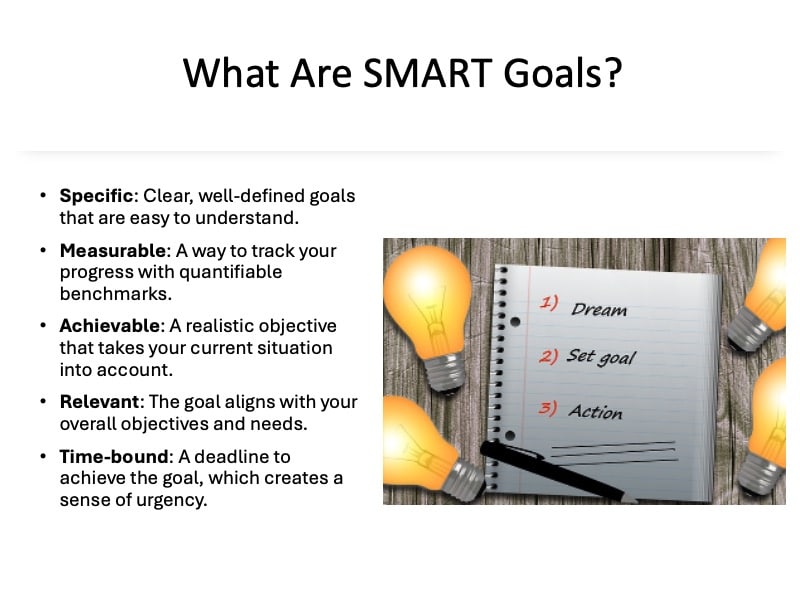
Confidence grows when you consistently follow through on promises to yourself.
SMART goals—Specific, Measurable, Achievable, Relevant, and Time-bound—provide structure and clarity that transform vague ambitions into actionable steps.
For example, instead of saying “I want to get in shape,” set a goal like: “I will work out at the gym for 45 minutes on Monday, Wednesday, and Friday for the next four weeks.”
This clarity helps you track progress, recognize small wins, and build momentum.
SMART goals reduce overwhelm, create consistency, and allow you to celebrate tangible progress—all of which are critical for developing lasting confidence.
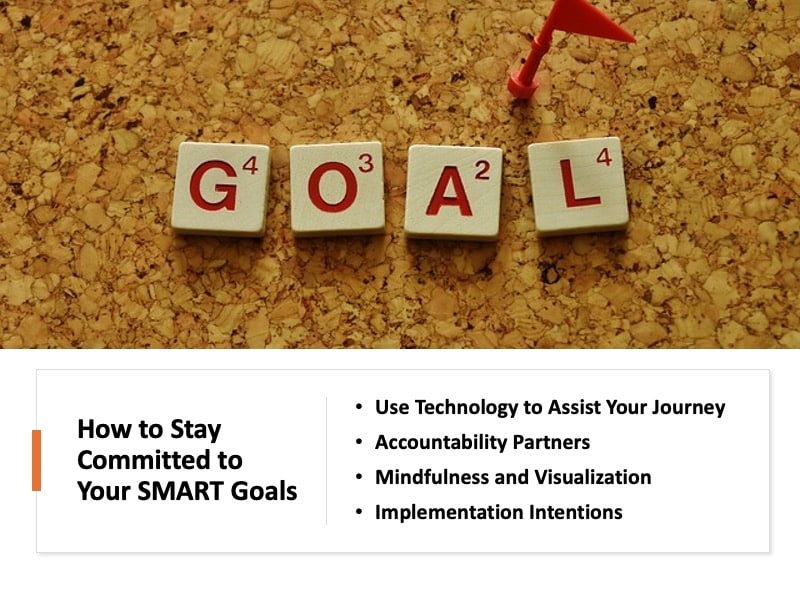
Visualize Success
Visualization is more than just daydreaming—it’s a mental rehearsal that primes your brain and body for performance.
Athletes, public speakers, and high performers use visualization to prepare for real-world challenges, and the same strategy applies to building self-confidence.
Spend 5–10 minutes a day vividly imagining yourself succeeding in situations that usually create anxiety—whether it’s delivering a presentation, setting a boundary, or staying calm under stress.
Picture the environment, your body language, your tone of voice, and the outcome.
Repeated visualization strengthens the neural pathways associated with that behavior, which makes it easier to perform confidently in real life.
Reflect on Personal Wins
Your brain is naturally wired to focus on threats and failures—a survival mechanism that can sabotage confidence if left unchecked.
That’s why it’s essential to intentionally reflect on your wins.
Keep a victory journal.
Write down moments when you overcame fear, pushed through discomfort, or handled a situation better than you would’ve in the past.
These reflections aren’t about ego—they’re about building a library of lived evidence that you are capable, adaptable, and resilient.
During times of self-doubt, these entries serve as reminders that you’ve conquered challenges before—and you can do it again.
Learn From Failure
Confidence doesn’t come from being flawless. It comes from being unafraid of failure.
Mistakes and setbacks aren’t proof that you’re not good enough—they’re proof that you’re in the game, trying, learning, and evolving.
The people with the most unshakable self-esteem are those who use failure as feedback, not as a judgment of their worth.
After any misstep, ask yourself: What did I learn? What would I do differently next time? How did this experience make me stronger?
Reframing failure as part of the growth process transforms it from a threat into a tool for building confidence.
Invest in Growth
Confidence is often a byproduct of competence. The more you know, the more skilled you become, and the more prepared you feel to navigate the world.
Make it a habit to read, study, and engage with material that challenges and uplifts you. This isn’t about cramming information—it’s about expanding your understanding of yourself and the world.
Here are a few highly recommended books that can reshape your mindset and deepen your self-trust:
- Do Hard Things by Steve Magness – A science-backed guide that redefines toughness through self-awareness and resilience.
- Atomic Habits by James Clear – A masterclass on building identity-based habits that reinforce long-term self-improvement.
- The Organized Mind by Daniel Levitin – Teaches how to reduce cognitive overload and make decisions that align with your priorities.
- The Daily Stoic by Ryan Holiday – Daily reflections on ancient Stoic wisdom that promote inner peace, discipline, and mental clarity.
- The Art of War by Sun Tzu – A timeless manual on strategy, discipline, and mental warfare that applies just as much to personal growth and leadership as it does to battle.
When you choose to grow—intellectually, emotionally, and spiritually—you build the foundation for a kind of confidence that doesn’t depend on circumstances. It becomes who you are.
Last update on 2025-04-28 / This article includes affiliate links/Images via Amazon Product Advertising API. I may earn commissions on purchases made through these links.
Final Thoughts: Why Real Confidence Is Self-Mastery
Real confidence isn’t about proving yourself to the world—it’s about becoming someone you can trust when no one’s watching.
It’s built quietly, through discipline, honesty, and the willingness to confront your weaknesses without running from them.
Self-mastery is the foundation of lasting self-esteem. It’s waking up when you said you would, choosing growth over comfort, and aligning your actions with your values—day after day.
It’s not glamorous, but it’s transformative.
When you live with integrity, pursue purpose over ego, and refuse to abandon yourself in hard moments, you build confidence that no applause, title, or trophy can give you—and none of life’s storms can take away.
Master yourself, and you won’t need validation.
You’ll have something better: peace, clarity, and an unshakable sense of who you are.

